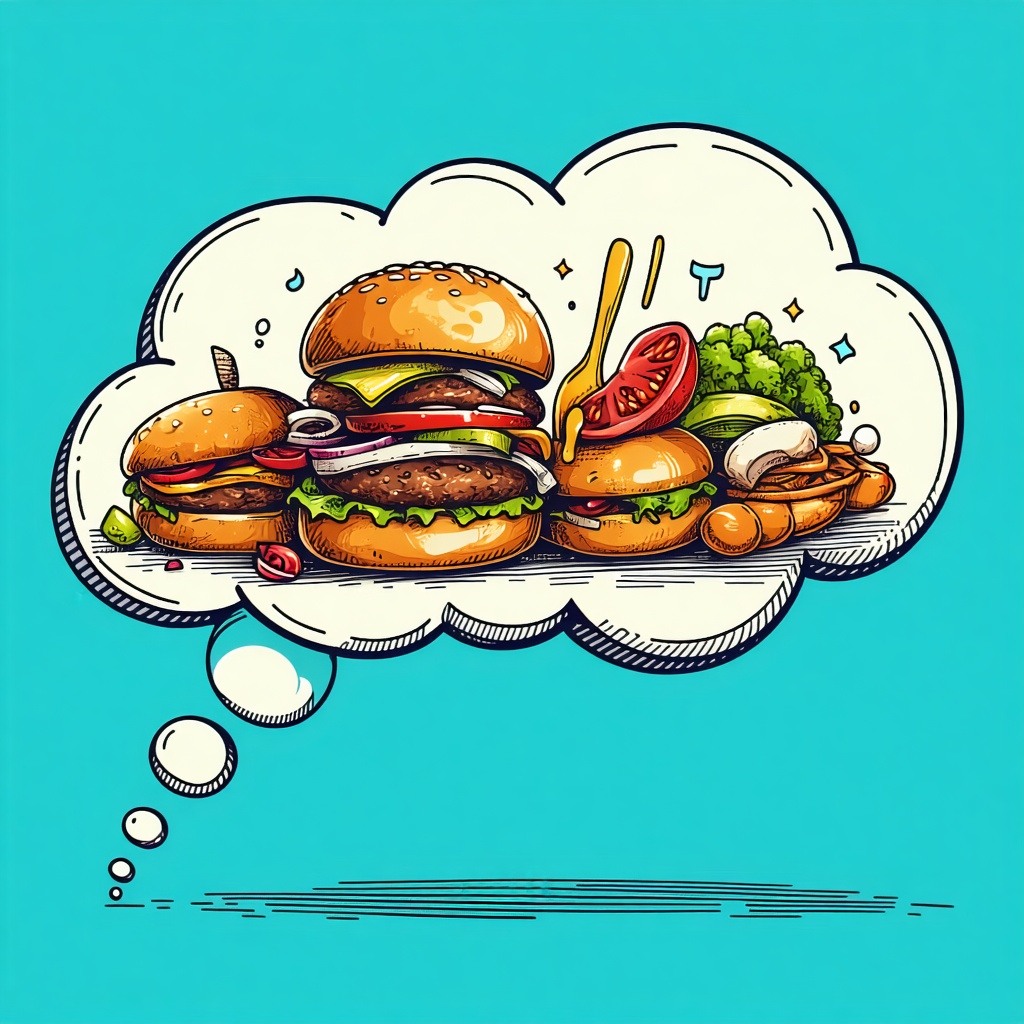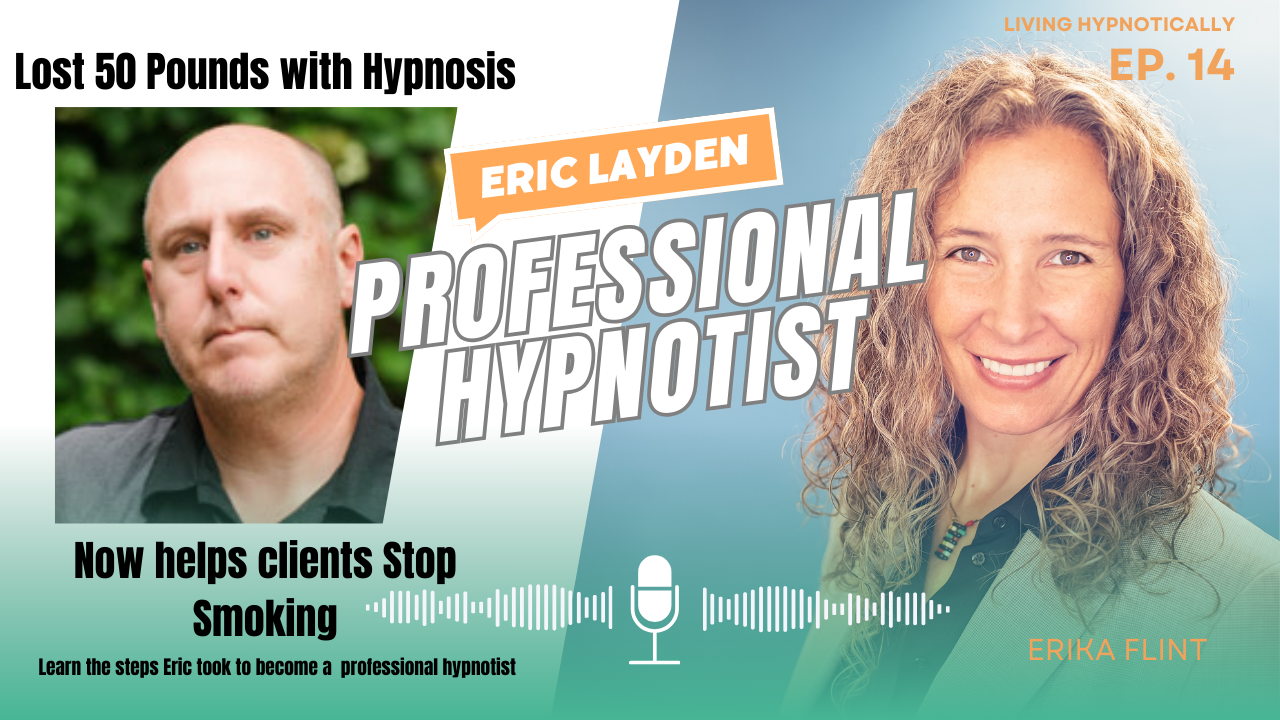Why Do We Blame Others for Our Failures, Mistakes, and Problems?
Why Do We Blame Others for Our Failures, Mistakes, and Problems?
Excerpt originally posted on UpJourney.com
By Erika Flint, BCH, A+CPHI, OB

The brain automatically blames external sources for our mistakes in order to alleviate short-term anxiety.
This article is an excerpt from an original post on UpJourney.com. Review the description below, then click on the link to read the full article.
Because the brain loves instantaneous gratification and wants to feel better now.
Blaming others has a dual role of putting the ownership on fixing the problem onto another person, while simultaneously providing instantaneous gratification of “checking the box” that it’s resolved.
Have you ever tripped while walking down the sidewalk, only to turn around and point at the crack? Why do we do that? It’s to alleviate the stress in the brain of the mistake – blaming the sidewalk for the trip feels better momentarily to the brain.
After a moment or two of feeling better, then the brain can think more clearly, and you may realize perhaps you shouldn’t be texting while walking, or should wear more comfortable or safer shoes during certain times of the year. The momentary lapse in that negative feeling is enough to help us feel better, then find a solution.
So, what should we do when the brain automatically blames others?
Blaming is an automatic process in the brain, so the best thing to do is the following:
Awareness: Recognize that your brain has automatically assigned blame to alleviate the overwhelming stress in the moment of doing something “wrong” or “bad”.
Be Grateful: Laugh at yourself and be grateful! This is how your mind works! You can overcome your own biology.
Take in a deep breath: Connect to your higher self in this moment of reflection and insight. Guess what - you are doing the inner work right now!
On Second Thought: Use the On Second Thought Technique from my second book, Lighter, to choose your second thought. The first thought is primal and automatic, we can discard it as lower-level thinking of the primitive mind, and chose our second thought. Your second thought can be gracious and acknowledge our own contribution to any perceived “mistake”. Here are some things to consider:
If you could do it all over again, would you do it any different? If so, how? This is the learning that your inner self wants in order to grow and become the best version of yourself.
Whatever you do have control over, and take responsibility over, you can change. It’s an amazing space to be in when you realize, You have ALL the responsibility, and all of the control. This is often the case as long as the situation does not involve changing other people. No matter how much we would love to be able help (via changing) others - we can not do it. At most we can influence others, and the best way to do that is by example, with love and courage.
You can read the full article here at www.upjourney.com.



